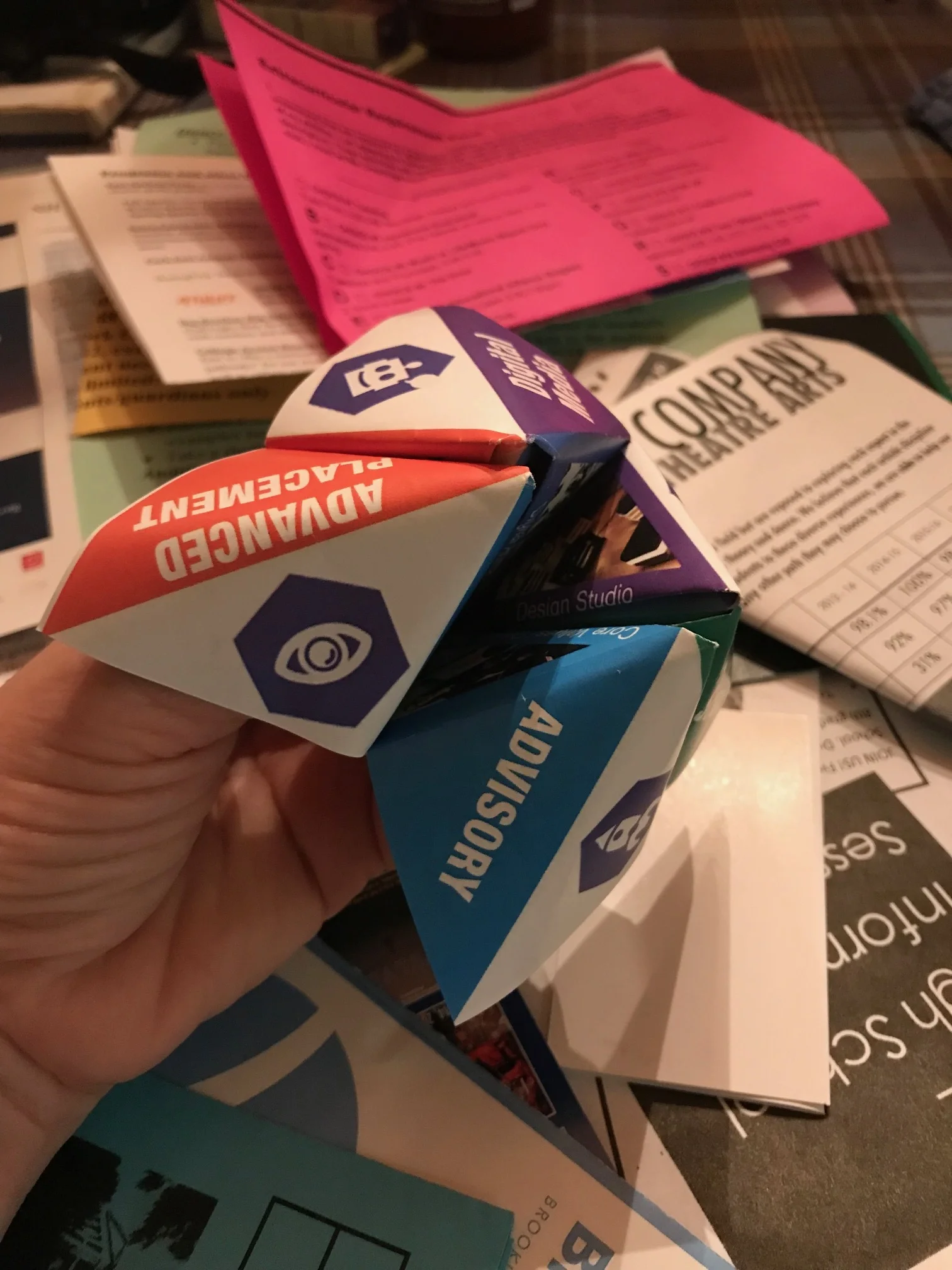What online website should I use to learn about public schools?
/By Joyce Szuflita
Inside Schools. Period. We are so lucky to have them. They are a NYC institution. They “get” us. They are nuanced, they are thoughtful, they are looking past the numbers, which can lie (or at least mislead).
Please STOP reading the grades and rankings on Great Schools. Although, feel free to read the blog. And also, please no more Niche or their ilk (they are all you have for Independent Schools, I’m afraid, but not any more accurate or insightful than for public school ratings with even less data). When families ask me, “what is the difference between a ‘9’ and a ‘6’?” I know they are using Great Schools. The answer is, “‘3’.” And yet, these are reputable websites that are doing their best to grade and/or rank schools with data that is crunched by big data people, but when we are talking about real professionals and families in communities that big data doesn’t understand, there are serious blind spots.
I don’t normally have occasion to look at the array of Great Schools grades laid out on the local map, but this week I chanced across one and I spit milk out of my nose. It bore little to no resemblance to the schools that I know. It was wildly cockeyed in both directions. If you are looking to move to the suburbs, you don’t have anything else to go by, and as inaccurate as it is, that is all you have…but in Brooklyn where you have the deep study of the New School for NY City Affairs and the professionalism and insight of education journalists who have studied every school in the City for over two decades - why would you go anywhere else? Because it doesn’t distill school quality to one number or letter? Because it doesn’t put them all in a line? Different people want different things. Different children need different things. Two different institutions can both be “good” AND different. When you try and cram the world into a line, you get a crazy line that is as unfair as it is inaccurate.
I know that I am telling you to turn away from information in a time when there is so little out there for you. That info is not always completely weird and off center. All I am asking is that you don’t make it your first or biggest resource. You should use your own eyeballs (through a virtual tour or open house, please God) in combination with the data and culture interpreted through Inside Schools, with a possible ‘grain of salt’ cross reference with Great Schools. Remember, there are a wide range of thoughtful schools that could serve your child. School (when it is in session) is 6 hours within 24, and 180 days within 365. Your child’s successful outcome may have as much to do with your good nutrition, making sure they get enough sleep at night, your reading to them every night, your modeling good habits, your thoughtful expectations and enrichment, your using big words, your turning your phone off and making eye contact with them, your expressing your own passions and hard work and respect for others, as weighing the difference between a “9” and a “6”.
Good luck, and remember that Inside Schools is an underfunded not-for-profit. In these last hours of the year, please send them a check, as I will.








